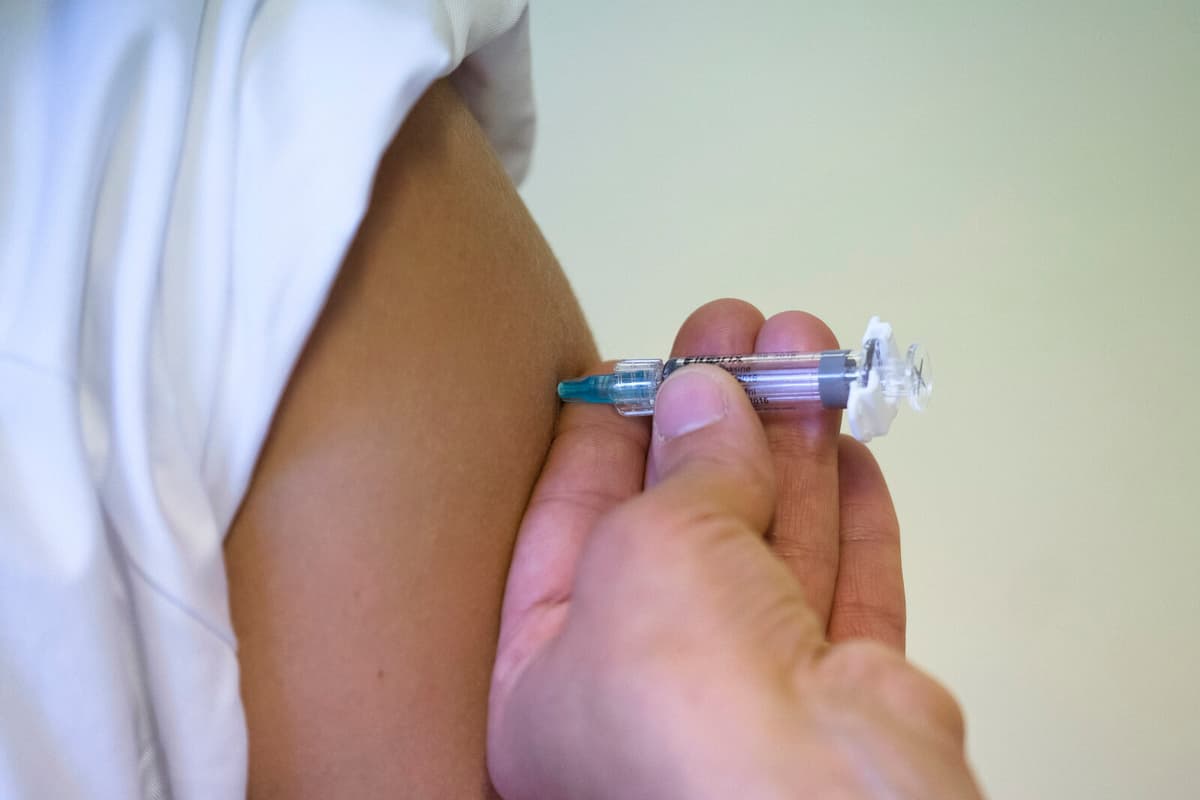Last year's late vaccine start was criticized, among others, by seven researchers in DN Debatt. Then came an early increase in covid-19, before the vaccination of risk groups began, and the flu peak also came earlier than it usually does before the pandemic.
With hindsight, one can say that it would have been better if we had started earlier, but it was based on the information the authorities had at the time, says Gisslén.
So far, the spread of seasonal influenza has not started, only individual cases are reported among people who have been infected abroad.
Lower level
Covid-19 has increased from a very low level at the beginning of the summer and is causing both hospitalizations and some deaths.
We have an ongoing spread of infection, but it is at a clearly lower level than the peak we expect to come during the autumn or winter, says Magnus Gisslén.
It is the omicron variant of covid-19 that is spreading, but exactly which subvariant will dominate when the spread of infection becomes largest cannot be predicted.
The subvariants we see now have no special properties that would lead to more severe disease, we do not believe that. On the other hand, it is more difficult to predict how many cases we will see and how the peak will be.
Particularly vulnerable
All those who are 65 years or older will be offered free vaccination, as well as pregnant women and people with diseases or conditions that make them particularly vulnerable.
It is very clear that in these groups, there is a risk of severe disease, increased risk of needing hospital care and increased risk of dying. We also know that vaccination protects these groups against severe disease, says Magnus Gisslén.
Groups recommended for vaccination against both influenza and covid-19:
People who are 65 years or older.
Pregnant women after week 12 of pregnancy.
Adults between 18-64 years with, among other things, the following diseases, diagnoses or conditions:
Heart and vascular disease, including stroke, chronic lung disease, diseases or conditions that lead to impaired lung function or reduced coughing power (e.g. extreme obesity), liver failure, kidney failure, diabetes type 1 and 2, and conditions that involve severely impaired immune function due to disease or treatment, including Down syndrome.
For children in risk groups, special recommendations apply.
Source: The Public Health Agency






